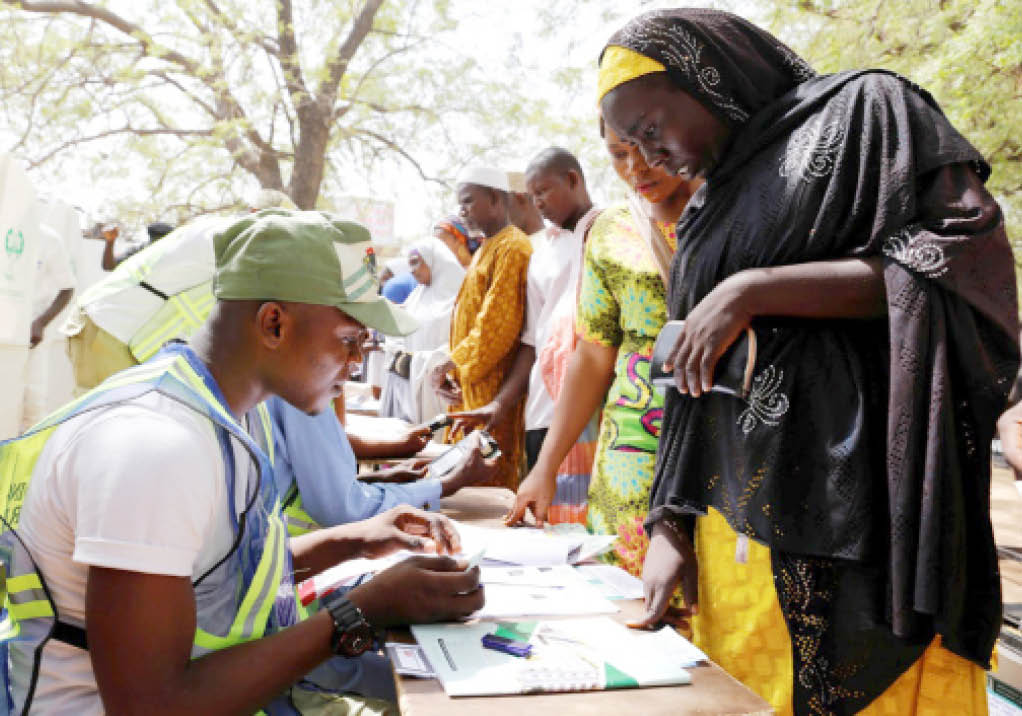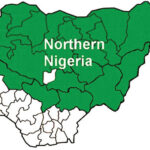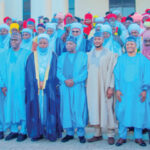The latest official poverty figures from the World Bank show that more than 80 million Nigerian residents live in poverty. That is, roughly half of the entire population is unable to spend N376 per person per day. And, according to the national electoral body, the INEC, there are more than 90 million registered voters looking forward to exercising their franchise in the 2023 general elections. Given these numbers, there is no question that the uppermost numerical voting strength evidently rests with the poor. In other words, the economically less well-off have the power in their hands – through the ballot – with which to determine who runs the affairs of the country. Nonetheless, the tapestry of history is woven with testimonies that this has been a far cry from the reality on the ground. Previously elected governments have failed to vanquish poverty in the land.
But why are the poor powerless at the booths despite holding the strongest voting power?
The poor, even though their votes are often counted at elections, they rarely count in producing the leaders that will transform their economic fortunes. Elections are often rigged and the poor are habitually manipulated to vote against their wishes.
Sadly, the poor repeatedly wind up being on the receiving end of a flawed electoral process. With inflation eroding their purchasing power/living standards and corruption shovelling cash from public treasuries to private vaults of the political elites and the governing class, the economic conditions of the poor are being weaponised against them in the desperate competing quest to grab political power. Without a doubt, money will ‘reign’ in the forthcoming elections, determining directions. Had the numerical polling strength of the poor truly mattered, election outcomes would have shown how the poor, using their voters card, punish bad leaders by dethroning and booting them out of office and replacing them with good ones.
Clientelist (or vote buying) – “the payment by political parties of minor benefits (food, clothing, cash) to citizens in exchange for their votes” – is a criminal offence in Nigeria nonetheless is still predominant in many forms across the country.
In fragile democracies, a political trade-off exists between clientelist and the pursuit of pro-development policies (e.g., the provision of pro-poor public goods). In such settings, elected leaders are less likely to lavish government finances on amenities that are deemed to generate significant benefits for the poor: health, education, roads, electricity, dams, etc. This is predicated on the fact that when votes and money swap hands of politicians and electorate, a default social charter between the vote-sellers and the vote-buyer (the politicians) sets in. Consequently, the politicians feel [and become] less accountable to the people and at the same time more loyal to egocentricity (including money) which runs counter to the overall interest of their constituencies. On the other hand, the vote-selling citizens will find it difficult to muster the fortitude to hold the politicians to account. This is the breeding and flourishing ground of a broken political process in reinforcing poverty.
The power of politicians to illegitimately influence election outcomes can be diminished at the state level through some constitutional amendments: the tenure of state governors should be reduced to a single term of five years. And that former governors should not be eligible to run for national assembly (parliamentary or congressional) seats, e.g., the senate. Why?
State governors currently wield significant fiscal powers in that they oversee internally generated revenues and state federal allocations. What then is the connection between these assertions and the five-year-single-term limit being proposed? It is expensive to run political campaigns in a fragile democracy (e.g., Nigeria’s) given that politics is one of the swiftest routes to wealth. It is therefore the case that incumbent governors seeking re-election (to tighten their power grips) are known for the use of their executive privileges to divert state resources away from financing economic progress to sponsoring future campaigns. Some ‘succeed’ despite the active presence of law enforcement agencies. This is why.
Reducing term limits will certainly not root out or bring an end to corruption, but it may blunt the incentive of serving politicians to ambitiously loot the treasuries of their states. This proposal is not out of the realm of possibility. It is achievable if powered by political will. But the “will” seems to be a scarce political capital in a country that is in desperate need of radical reforms!
Finally, BVAS?! Great idea. Nonetheless, it is likely to move election rigging from the floor to cyberspace. For instance, it was alleged that one of the current gubernatorial hopefuls (then, INEC official) is highly skilled in IT. The candidate’s skills were mischievously deployed in rigging the 2019 general election.
That said, only two sets of professionals can root out and prevent rigging in the forthcoming elections. First, electoral (INEC) officials, both permanent and ad-hoc. But there is a grave looming concern: given that university academics are part of the temporary staff and that they have been, for close to a year, without a regular income, they will be highly sensitive to monetary inducements from desperate politicians. Secondly, the military (police, army, DSS, etc).
If these two should act without flinching and infidelity to the constitution (not bowing to fleeting political power and greed), there is a great chance that next year’s election will reflect the wishes of the Nigerian voters.
Dapel resides in the United Kingdom, Twitter: @dapelzg

 Join Daily Trust WhatsApp Community For Quick Access To News and Happenings Around You.
Join Daily Trust WhatsApp Community For Quick Access To News and Happenings Around You.


